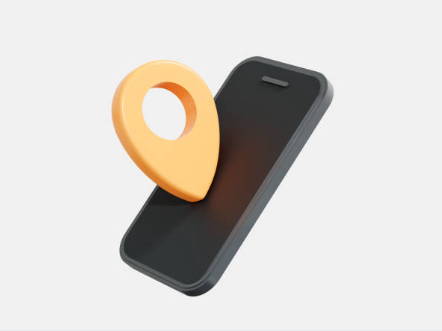YouTube has recently declared an intensification of its efforts to combat medical misinformation by eliminating videos that violate its guidelines, such as those promoting “dangerous or ineffective” treatments and “cures” for cancer. The video-sharing platform is strengthening its policies against medical misinformation, following the recent implementation of rules safeguarding abortion procedures last month.
The company will implement a structure that targets videos promoting the prevention, treatment, and denial of various health conditions using methods that are unproven, dangerous, or ineffective. YouTube is also set to remove videos that directly challenge health authorities on topics susceptible to misinformation, including cancer, Covid-19, and vaccinations.
“Our objective is to ensure that YouTube does not become a conduit for disseminating potentially harmful information, especially in areas where there is a well-established scientific consensus. Although specific medical advice may evolve as we acquire more knowledge, we aim to prevent the spread of harmful information,” stated Dr. Garth Graham, Director and Global Head of Healthcare and Public Health Partnerships, and Matt Halprin, VP and Global Head of Trust and Safety at YouTube, in a blog post.
For instance, the policy would apply to videos claiming that Type 1 diabetes can be reversed solely through dietary modifications, without the need for monitoring or medication such as insulin. This claim lacks scientific support and may deter people from seeking essential medical treatment.
The blog post clarified that this policy would be enforced when the content of the videos is linked to significant public health risks, is based on public guidance from global health authorities, or is typically susceptible to misinformation. There will be some exceptions to this policy, including videos that are educational or scientific in nature, as well as documentaries. However, YouTube insists that these videos should not actively discourage individuals from seeking professional medical care.
“We may permit content that serves the public interest to remain on YouTube, even if it otherwise breaches our policies,” the blog post from YouTube clarified. “For instance, we may allow a video of a public hearing or statements made by national political candidates on the campaign trail that challenge health authority guidance, or graphic footage from active war zones or humanitarian crises.” YouTube’s fight against medical misinformation is not new, as the platform has previously been criticized for removing videos spreading Covid-19 misinformation over the past three years.
In June, the platform also updated its policies on election misinformation, announcing it would “cease removing content that promotes false allegations that widespread fraud, errors, or system failures occurred in the 2020 and other previous US Presidential elections.”


![[SOlVED]Fix the Error of “System UI Isn’t Responding” on Android](https://www.techviewsolution.com/wp-content/uploads/2024/03/fix-system-ui-isnt-responding-error-on-android.png)

![How to Unsync iPhone From iPad [100% solved]](https://www.techviewsolution.com/wp-content/uploads/2024/03/unsync-iphone-from-ipad.png)
